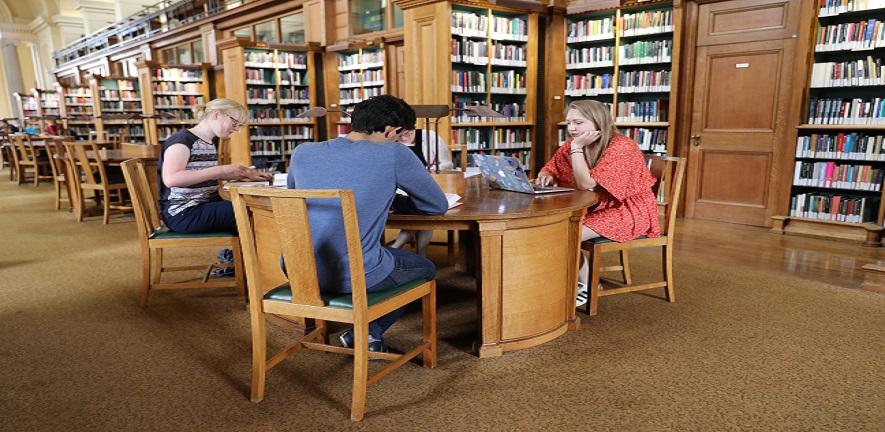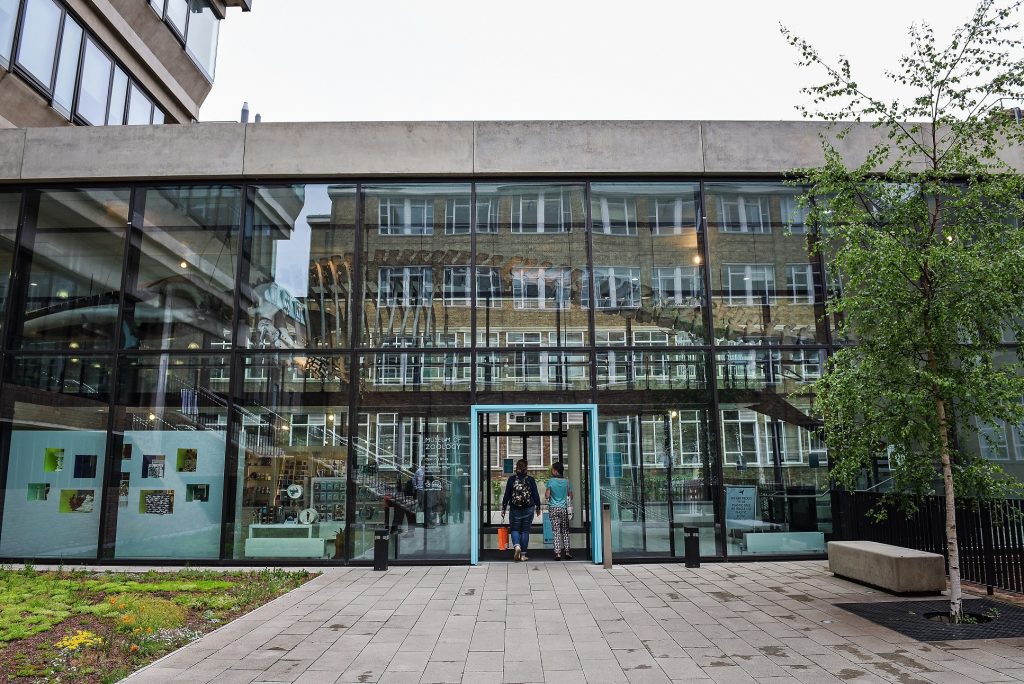📖Program Curriculum
Course Outline
You have between six and eight lectures and one or two supervisions each week. You may also have language classes, seminars and/or practicals.
You’re assessed each year through written exams and coursework. Some papers include assessed practicals/fieldwork. Most students write a 10,000 word dissertation in Year 3.
Year 1 (Part I)
You pick three from several core archaeology, language and biological anthropology options. Your fourth can be another core subject paper, or you can choose a psychology, social anthropology, politics and international relations or sociology option.
Years 2 and 3 (Parts II)
You can pursue one of four single-subject tracks as detailed below. The tracks can also be combined, allowing you to study Archaeology and Biological Anthropology or Assyriology and Egyptology.
Archaeology
In Year 2 (Part IIA), you take three papers in theory and practice, data analysis, and the archaeology of a particular period or region. The fourth paper is either another period/region option, a biological anthropology paper or a paper chosen from another course such as Classics or Human, Social and Political Sciences (HSPS).
You complete four weeks of fieldwork before starting Year 3 (Part IIB). In Year 3, you write a dissertation and study advanced archaeological thought, archaeology in the wider world, plus additional options from within this track or from another course such as Classics or HSPS.
Assyriology
You take four papers in Year 2 (Part IIA): Akkadian language, Mesopotamian archaeology and Mesopotamian culture are required. The fourth paper could be Sumerian language (when offered) or chosen from other course options (one can be from Classics or HSPS).
You undertake a four-week study tour and/or fieldwork before starting Year 3 (Part IIB). In Year 3, you take four papers. Akkadian language, Mesopotamian archaeology and Mesopotamian culture are required. The fourth paper can be your dissertation, Sumerian language (when offered), another paper in Archaeology, or one from another course such as Classics or HSPS.
Egyptology
In Year 2 (Part IIA), you take papers in Egyptian language and archaeological methods and concepts, plus two papers on society, religion and death in Ancient Egypt.
You undertake a four-week study tour and/or fieldwork before starting Year 3 (Part IIB). You take three papers: one Egyptian language paper, one Egyptian archaeology paper and a third on either Egyptian language or Egyptian archaeology. You will also write a dissertation.
Biological Anthropology
In Year 2 (Part IIA), you take a paper on data analysis and interpretation, plus two papers from: human ecology and behaviour, human evolution, and comparative human biology. You select your fourth paper from options offered elsewhere in this course, or from another course such as Psychological and Behavioural Sciences (PBS) or HSPS.
In Year 3 (Part IIB), you take a paper on major topics in human evolutionary studies and write a dissertation. You also take further papers chosen from a range of areas including biological anthropology, archaeology and PBS.
Show less

